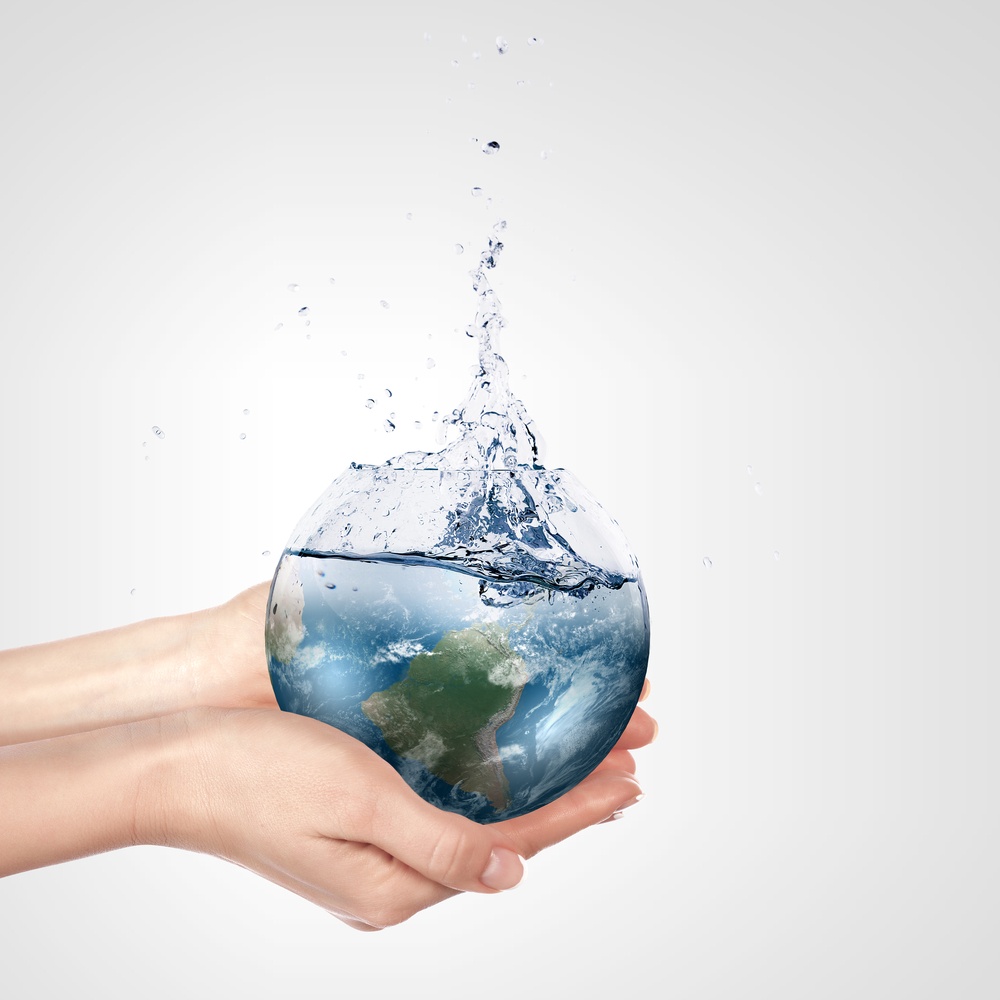
"Today, 1/3 of the world’s population faces water scarcity, with this number estimated to reach 4 billion by 2050." Summer is the prime season for gardening, washing the car, power washing the house, and a laundry list of other household chores. What do all these tasks have in common? They use water. Here are some outdoor and indoor water conservation tips to consider.
Outdoor Water Conservation
Gardening or Watering Flowers
Did you know that watering your flowers at the right time of day can help prevent evaporation? Experts say that your flowers and plants should be watered before 10 a.m., or after 6 p.m. Plants and flowers also have a variety of needs when it comes to water consumption. Consider using plants or flowers that don't require much water in your landscaping designs. Incorporating pebbles or stones into your landscaping is also an excellent way to reduce the need for water. They look nice and require minimal upkeep.
Pressure Washing for Conservation
Pressure washers are made for a variety of purposes. It pays to know which pressure washer is right for the job that you are preparing to complete. For instance, you can use an electric power washer for your boat or car, but it probably won't have enough power to rinse the debris from your home properly. "Pressure-washer capacity is measured in cleaning units, or product of water pressure (in psi, or pounds per square inch) multiplied by flow rate (in gpm, or gallons per minute). An electric pressure washer may operate at 2400 cleaning units; a homeowner-grade gas engine model can get up to 6210 cleaning units, and professional machines can hit 16,000 cleaning units (4000 psi and 4 gpm)." Choosing the right pressure washer for the job will help reduce water waste and ensure that tasks are completed correctly the first time around. Low-pressure nozzles are also available for pressure washers and aid in reducing the overall consumption of water.
Washing the car
Consider using a bucket when washing your car. Fill the bucket with the appropriate amount of water needed to complete the job; then turn off your hose. Never leave your hose running while you are washing your vehicle. Only turn your hose back on when you need to finish rinsing your automobile. Also, inspect all connections and nozzles to ensure a tight fit.
Indoor Water Conservation
Fix those dripping faucets
One of the main things that individuals can do to conserve water in their home is fixed any outstanding leaks. "As simple as this sounds, it is often overlooked. Some processors have reported a 14% reduction in water consumption simply by fixing leaks." It may be best to hire a professional plumbing company to complete these repairs unless you have been trained to complete these tasks yourself. Not only will fixing leaks reduce water consumption, it will also likely decrease your monthly water bill.
Keep an eye on your water meter
If you know what your typical water consumption is then it will be easier for you to recognize when you may have a water leak. If your water levels begin to soar, then consider having a maintenance or plumbing professional out to investigate your home. Identifying problems earlier, rather than later may prevent you from encountering a larger issue down the road.
Shower heads and Faucets
"Inexpensive water-saving low-flow shower heads are easy for a homeowner to install." Additionally, you can fit faucets with "aerators." This method is both inexpensive and effective. "When buying low-flow aerators, be sure to read the label for the actual 'gpm' (gallons per minute) rating. Often, the big box retailers promote "low-flow" which are rated at 2.5 gpm, which is at the top of the low-flow spectrum. This may be needed for the kitchen sink, but we find that a 1.5 gpm aerator works fine for the bathroom sink and most water outlets, delivering the same spray force in a comfortable, soft stream."
"By using water-saving features, you can reduce your in-home water use by 35%." By implementing these simple and effective techniques, you will be reducing overall waste and helping to create a more ecologically sound environment. Cutting overall water consumption is beneficial for the Earth, and for your wallet.
For more informative tips about water conservation contact us today!
If you enjoyed this blog post, you might also be interested in 15 Tips to Save Money on Lawn Care written by Electrosaw HQ.

